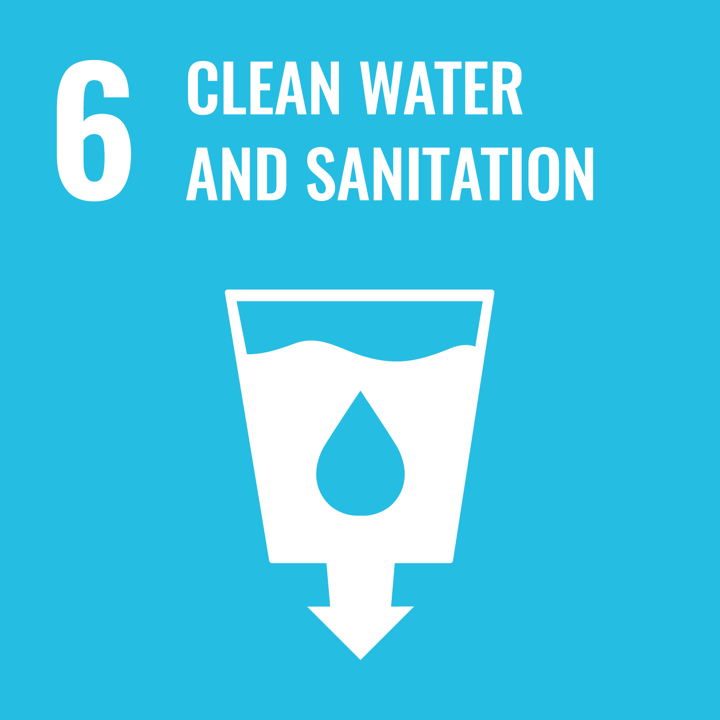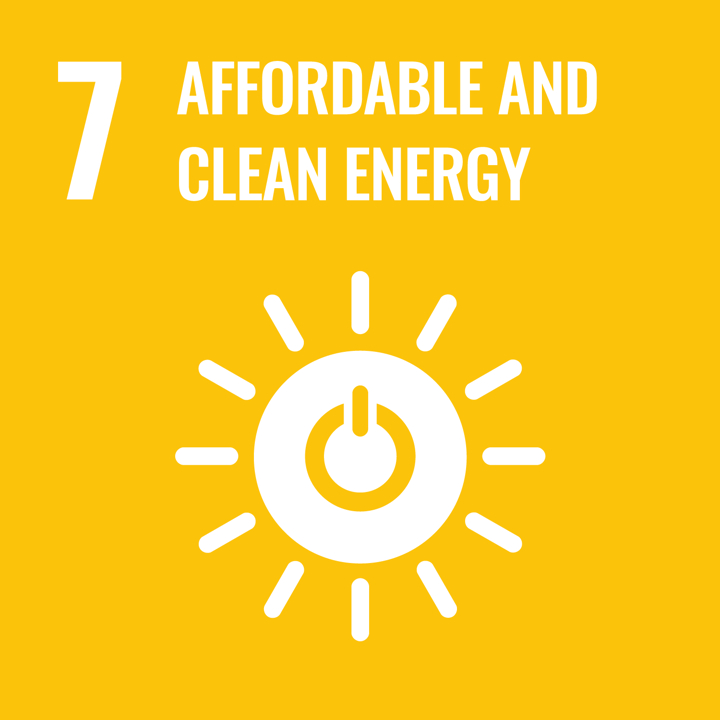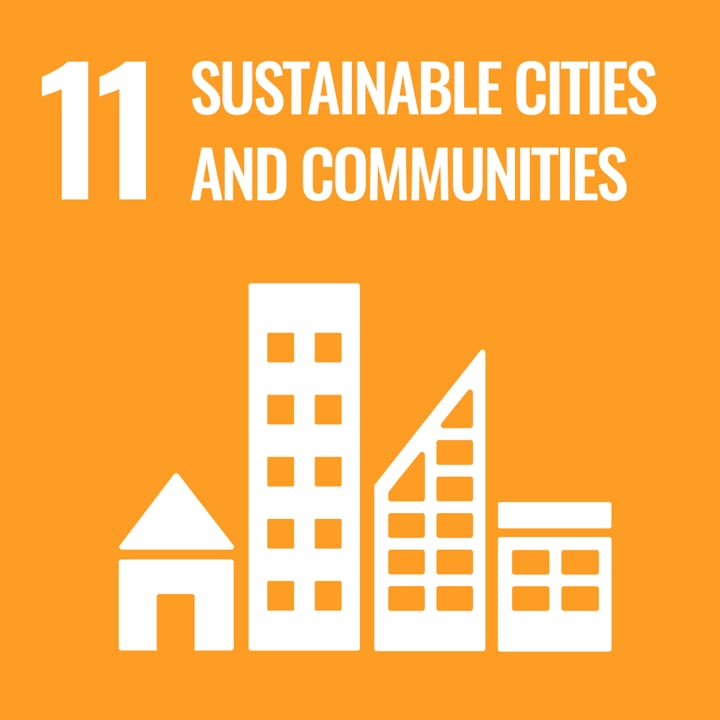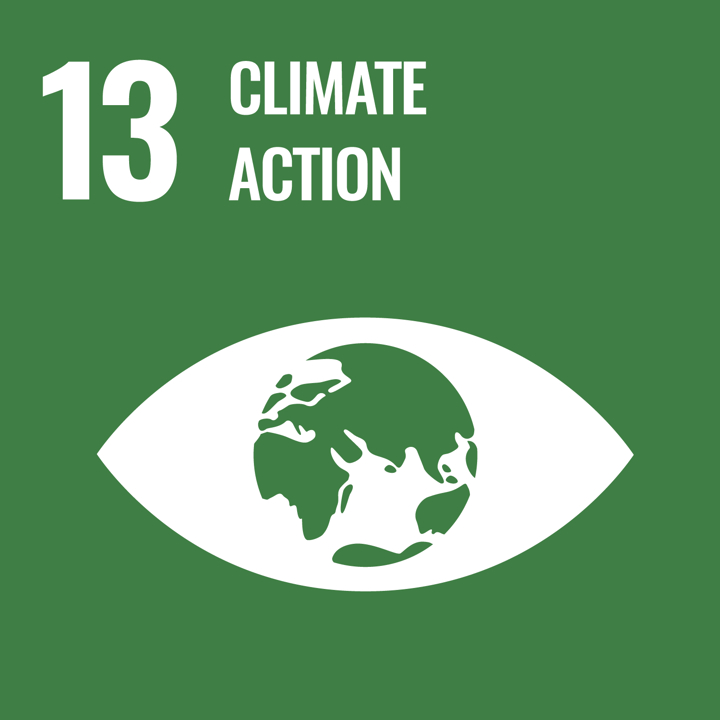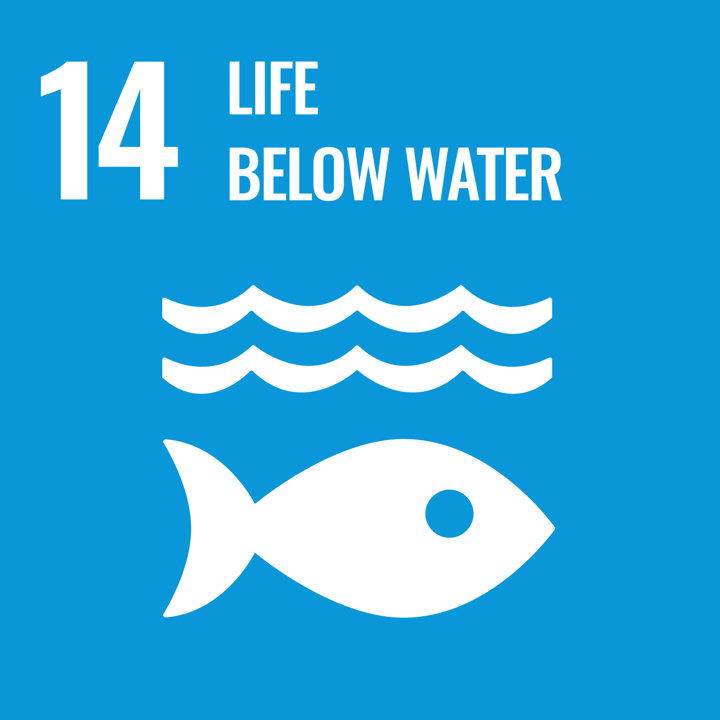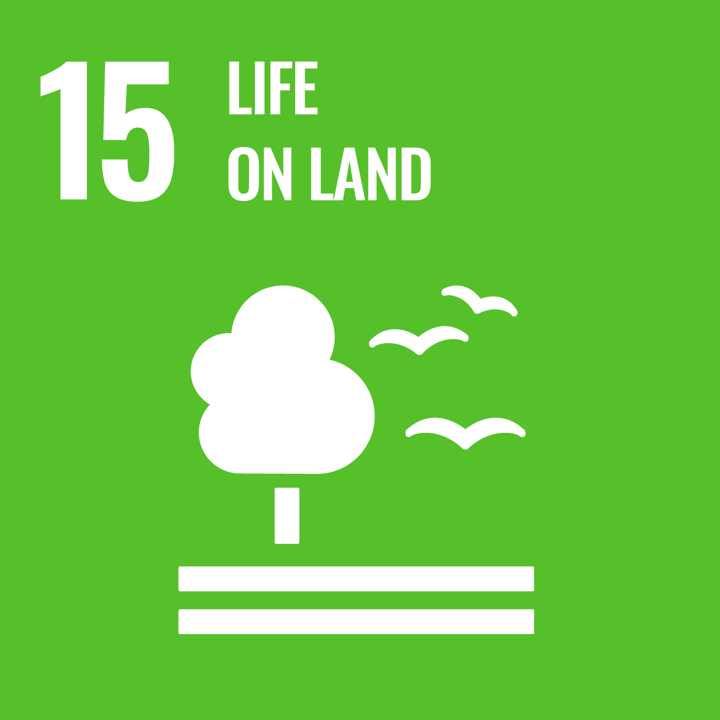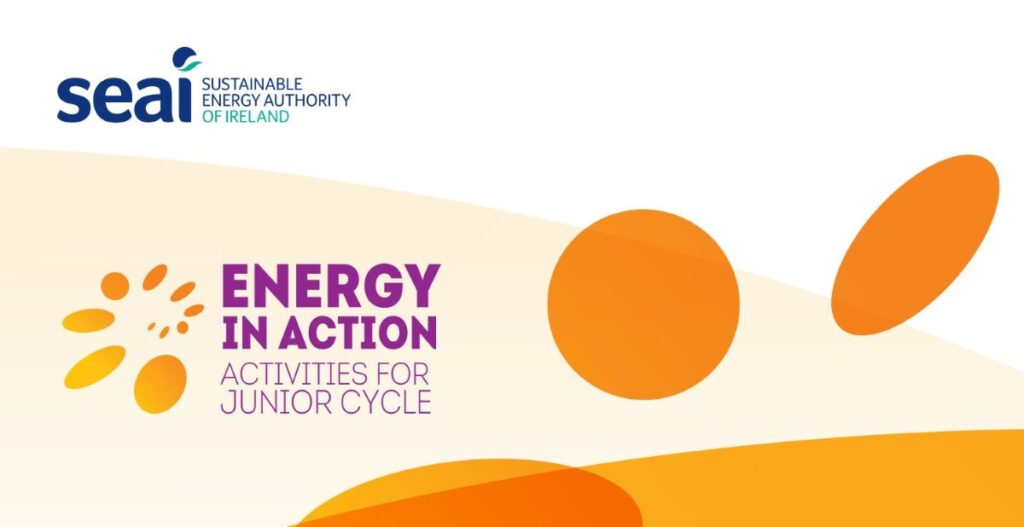
Vorgesehener Endnutzer: Lehrer
Altersgruppe: Untere Sekundarstufe
Lehrplan der Schule: Science; Social, Physical & Health Education; Social & Environment Science;
Themen und Fragestellungen: Energy Use and Production; Behaviour & Lifestyle; Collective Action; Environmental Change; Futures Thinking; Information & Knowledge; Pedagogy Approaches
Dauer: 1 hour class x 3
Art der Ressource: Experiment, Guidelines & Notes, Audio/Video, Lesson Plans
Schlüsselwörter: Sustainable Energy, scientific knowledge, global warming, taking action, inquiry-based learning
Sprachen: English, Gaeilge
Beschreibung
These resources developed by Sustainable Energy Authority of Ireland (SEAI) in collaboration with CASTeL at Dublin City University Institute of Education are a collection of online activities. They are designed to support the teaching and learning of energy and sustainability in the Irish Junior Cycle (Lower Secondary School). They are suitable for students of Science, Civic, Social Political Education, Geography, Home Economics and Religion.
These resources have been developed for use with an inquiry approach to education. They aim to enhance students’ scientific knowledge, skills and competencies. The focus is on providing students with opportunities to consider and tackle problems that the future holds, e.g. sustainable practices in schools, homes and beyond.
It will develop young peoples’ knowledge across a range of topics such as, energy sources, efficiency, conservation, climate change and global warming. These concepts will then be linked to students’ daily lives.
Wie Sie diese Ressource nutzen können
The resources contained in Energy in Action by SEAI build on the science-based definitions and understandings of energy, progressing to the interconnectedness of energy production, conservation and consumption within wider systems and considerations. This embeds the scientific with SC’s social, economic and environmental considerations, allowing students (and teachers) to develop their knowledge and understanding incrementally.
The Energy in Action resources utilise an Inquiry-based Learning approach to engaging students in experimenting and experiencing energy-related themes linked to sustainability and individual/collective action. While developing students’ scientific literacy, it also supports the interdisciplinary appreciation required to address complex challenges.
Energy in Action represents a collection of interdisciplinary professional learning resources that teachers can use in a bespoke manner according to their needs, subject area and context. Teachers outside of Ireland should be supported in exploring the resources to map the relevance and applicability to other national curricula and identify suitable stakeholders in their learning ecologies.
The good practice examples contained in Energy in Action can be adapted and developed to meet the needs of teachers. Collaborative sense-making and lesson planning activated around this set of resources could provide useful stimuli for expansive learning experiences for communities of teachers.
Die Ressourcen
ENERGY IN ACTION PDF:
An online version of the Energy and Sustainability lesson plan can be found here:
To explore the wider range of Energy in Action resources and lesson plans develop by SEAI and the DCU CASTeL Research Centre use the following link:
SEAI have also provided case studies to show how energy efficiency projects can been completed, including schools and public buildings. You can find the story behind these projects here:
Lernergebnisse
- Abfrage des Vorwissens und Weiterentwicklung von Wissen und Verständnis von Schlüsselkonzepten der nachhaltigen Bürgerschaft, wobei etablierte Weltanschauungen und Werte in Frage gestellt werden.
- Anwendung einer Reihe von geeigneten Instrumenten und Rahmenwerken zur Förderung des bürgerschaftlichen Engagements von Studierenden im Bereich Nachhaltigkeit
- Reflektieren Sie die Praxis und untersuchen Sie die nationalen Lehrpläne, um Möglichkeiten zur Förderung der nachhaltigen Bürgerschaft auf interdisziplinäre Weise zu identifizieren und mit externen Interessengruppen in Kontakt zu treten.
- das Wissen, die Instrumente und den Rahmen gemeinsam zu synthetisieren, um Bildungsmaterialien und Unterrichtspläne zu erstellen, die an ihren eigenen lokalen Kontext angepasst sind
Grüne Kompetenzen
- Nachhaltige Werte verkörpern: Wertschätzung der Nachhaltigkeit; Unterstützung der Fairness; Förderung der Natur
- Komplexität in der Nachhaltigkeit berücksichtigen: Systemdenken; Kritisches Denken; Problemstellung
- Visionen für eine nachhaltige Zukunft: Futures Literacy; Adaptability; Exploratory Thinking
- Handeln für Nachhaltigkeit: Political Agency; Collective Action; Individual Initiative
Creative Commons
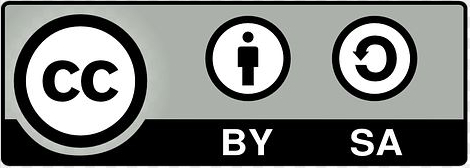
The Energy in Action resources were created by the Sustainable Energy Authority of Ireland and DCU’s CASTel Research Centre. It is shared here by kind permission of SEAI.
SDGs

